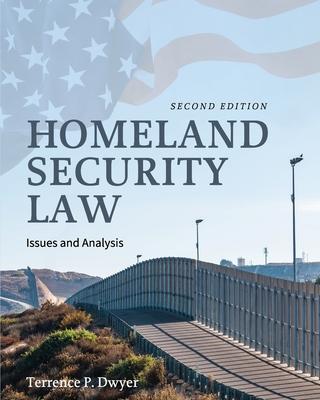Homeland Security Law: Issues and Analysis provides readers with a comprehensive examination of the legal aspects of homeland security within the United States. It explores the balance between national security measures and the protection of individual liberties as outlined in the U.S. Constitution.
The book is structured into four main parts, each addressing different constitutional issues as they relate to homeland security. Part I discusses the definitions and foundations of homeland security, as well as the relationship between the Supremacy Clause and state police powers. Part II explores the separation of powers, focusing on the roles of Congress, the courts, and the executive branch. Part III examines homeland security in the context of the Bill of Rights, analyzing free speech, the right of association, searches and surveillance, and due process, among other related topics. Part IV addresses other constitutional issues such as habeas corpus, immigration, border security, and governmental emergency powers.
The book also includes appendices on the case briefing method and selected excerpts of U.S. Supreme Court cases, providing practical insights into the application of legal principles in homeland security.
Homeland Security Law is an essential and invaluable resource for courses and programs in American laws and policies related to homeland security.
